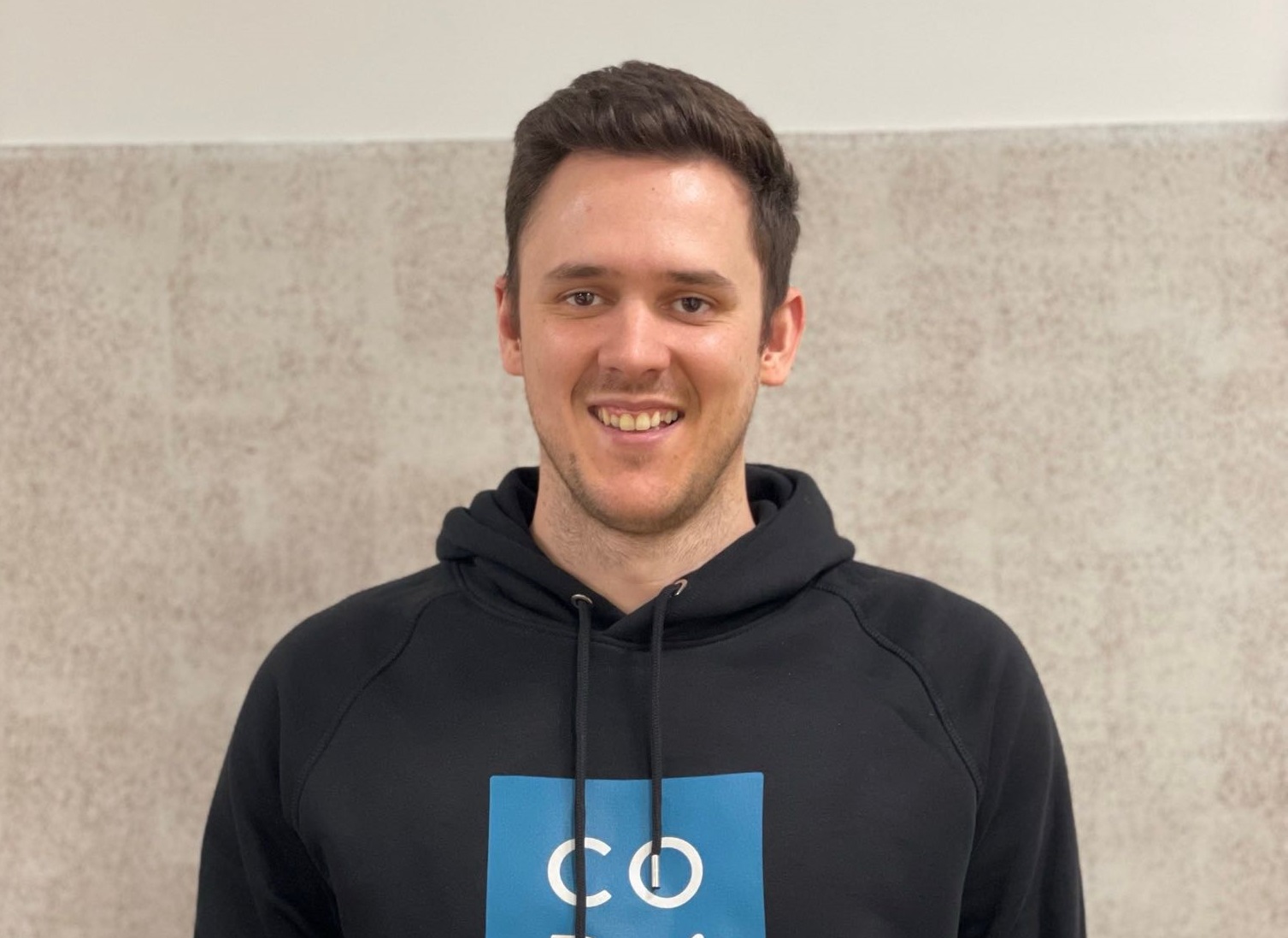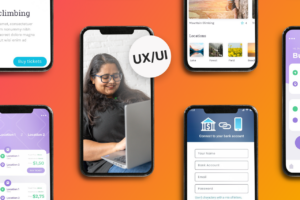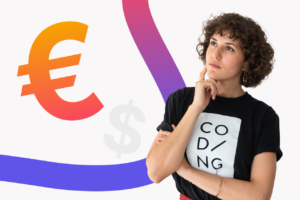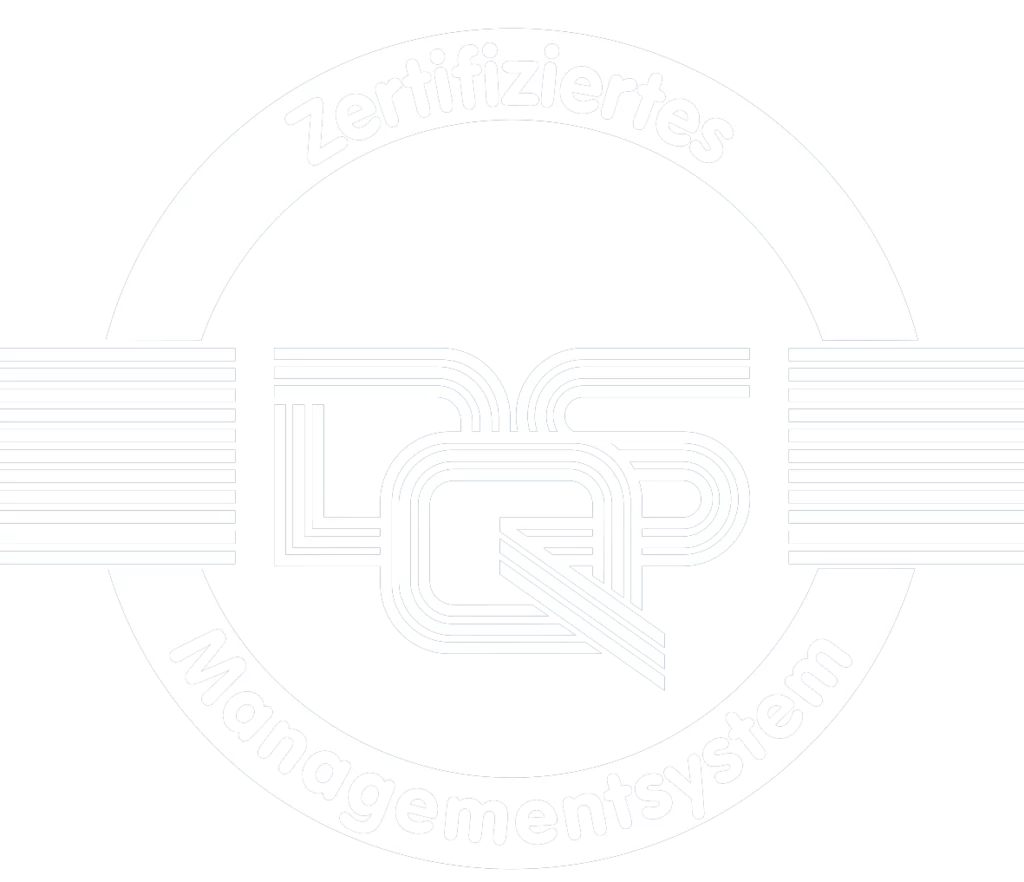“My unhappiness had nothing to do with my team or with the company that I was working for. It was just me.” Of the many reasons I have heard why people learn to code, ‘unhappiness’ is as striking as it is simple – but Martin Fimia doesn’t seem inclined to mince words. “I was bored, I was demotivated. At one point I realised the truth: I would never find long-term happiness in my field of work.”
Martin’s field of work before becoming a software developer was psychology, and specifically business psychology. Employed as a learning specialist for a tech firm, being surrounded by developers and data scientists may have contributed to his decision to look into programming once he decided he had to make a change.
That, and an old passion of his: “I used to really love video games. I thought creating them might be something that could make me happy. But the first, unavoidable step for that was obvious – I had to learn how to code.”
That statement leads me to a question I often like to ask our students, namely why they did not consider learning to code before joining our bootcamp. This seems especially pressing with Martin – just look at how he describes his first impact with programming:
“I was sent a small coding challenge to complete before I could join the bootcamp, and honestly, it was like a moment of illumination. A part of my brain was activated that I had not used in years, and I realised using it gave me such incredible joy. There and then, as I took that preliminary test, I already knew that I was going to be a programmer. That this was my path.”
So, why not earlier? What was it that actually kept him from learning something that he so clearly loves?
Martin’s experience cannot be generalized to everyone, of course. But it probably isn’t unique either, and there may be several who relate to his answer:
“I was good at maths and the technical subjects when I was in school,” he tells me on our video call, adjusting his headset as he remembers. “But I grew up in Malaga, a small, sun-drenched town in southern Spain. Everything around me was very traditional – my family, my city, my environment. It never even crossed my mind that I could learn to code. Programming was simply not among the real and serious career options of the world. In that place it was perceived rather as something that only nerds and misfit might do.
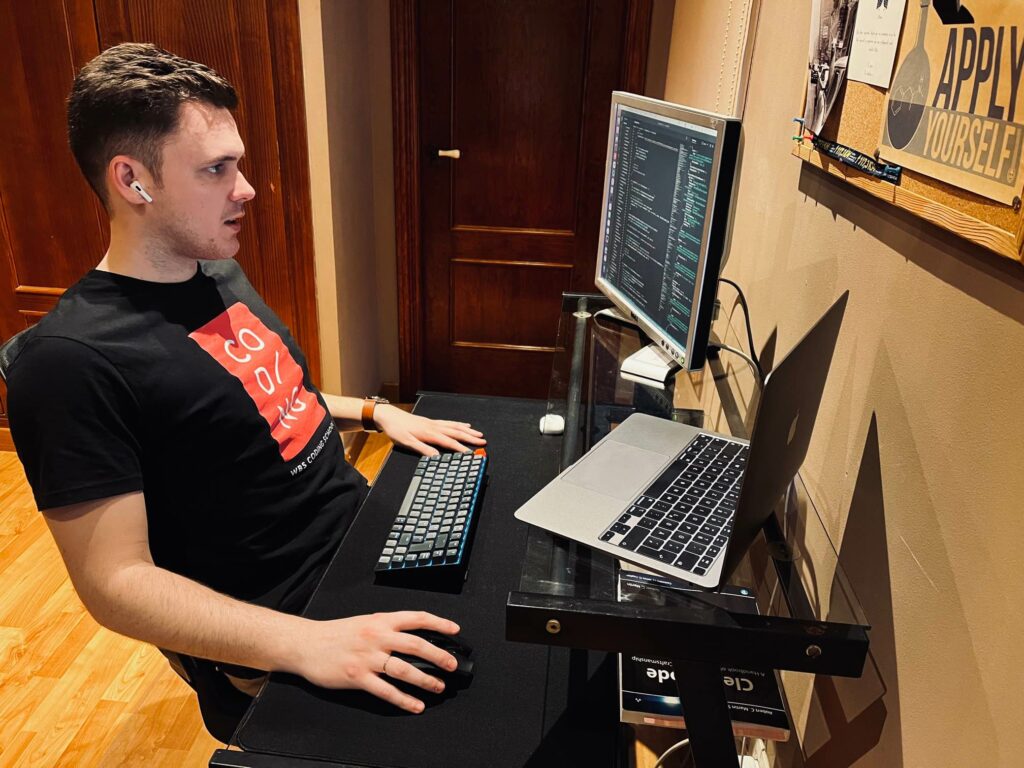
“I mentioned that I always loved videogames, and as a child I would fantasize about making them. But I simply never met anyone who actually worked with them, not as a child, not as a young man. Not that I ever raised the topic with my parents, but I can guess what they probably would have told me – that there is no money in making video games, that it is not a real career.
“And so, by the time university came round, I signed up to study industrial engineering. It was not a decision that came from clarity of mind, and I did not enjoy the studies, which is why I shifted to psychology after a year. Interestingly, doing engineering did allow me to brush sides with the topic of programming early on. But the language we used, C, was not beginner-friendly, and its applications were heavily streamlined. I definitely did not get ‘the spark’ that I experienced later.”
His personal experience aside, Martin also has broader concerns about the education system he grew up in.
“To me, this entire system in which you memorise knowledge for an exam and then forget everything immediately afterwards seems totally wrong. In many ways I felt my coding bootcamp was a better learning experience than university. It was about learning by doing, which I feel is the direction education should be moving in. It’s also what most tech interviews are really about – they will ask you to solve problems in practice, not to recite facts like in an academic exam.”
Although it took Martin a very long time to get into coding, once he did, it’s fair to say that he came out swinging.
“I did all of the preparation work that was required of me as quickly as possible, and then some more on top of that. I joined the bootcamp in September and was due to finish it in the middle of March, but by Christmas I was already looking for jobs. My first offer came in January. It all happened so quickly! But I still finished the bootcamp – I was doing the part-time program, so I was able to do more than one thing at once.”
My final question to Martin, now that he has come to the end of such a long parable, is whether he has any regrets.
“I wish I had started a little earlier – even just one year, you know, so I could have used the dead time during the pandemic. But all in all, I am happy. Before I started coding, there was nothing else that really made me feel, hey, this is what I really want to do. Now I have found it. And where I go from here, well, that’s going to be interesting to find out. As they say, this is only the beginning.”
Only the beginning, indeed – but one we are proud to have been part of. Congratulations from all of us, Martin, and best of luck in your brand new career as a programmer.
Martin Fimia joined the WBS CODING SCHOOL Part-Time Web & App Development bootcamp in September 2021, and signed a contract as Junior Developer for clare&me in January of 2022.

